Question And Answer
Publications
Articles, publications, books, tools and multimedia features from the U.S. Institute of Peace provide the latest news, analysis, research findings, practitioner guides and reports, all related to the conflict zones and issues that are at the center of the Institute’s work to prevent and reduce violent conflict.
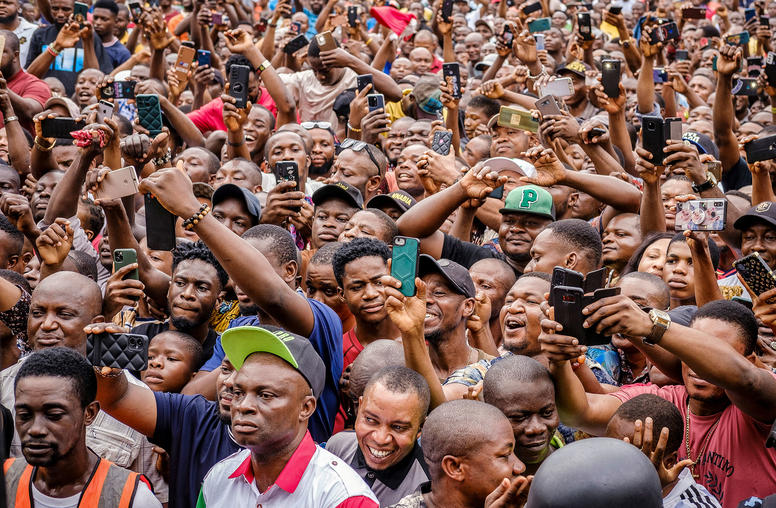
Nigeria’s Vote Signals Risks: How Its Partners Can Support Democracy
Nigeria’s disputed election 12 days ago is raising protest at home and concern abroad over its implications for the strength of democracy in that country and across Africa. Yesterday’s new wrinkle was the postponement of this week’s planned election for Nigerian state governors. Nigeria’s electoral commission is working to fix problems in a vote management system that failed to transparently process and report a result on February 25. An erosion of democracy’s credibility in Africa’s most populous nation would be catastrophic.
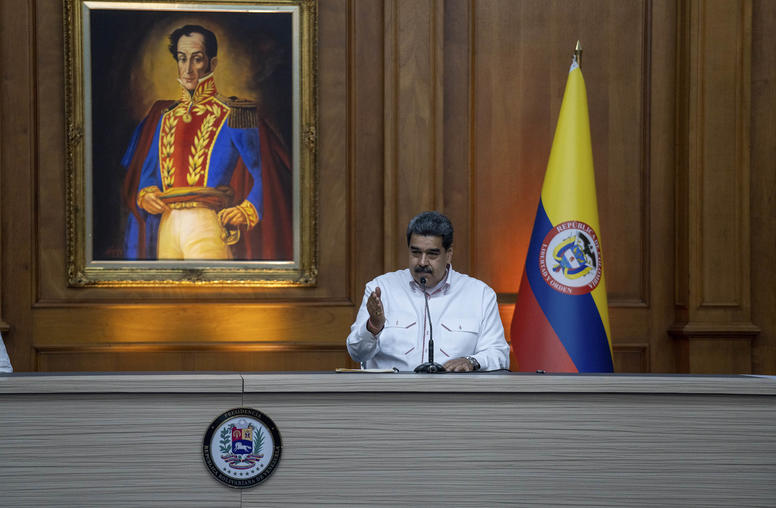
Un enfoque bipartidista estadounidense sobre Venezuela es posible – y necesario
A pesar del gobierno dividido en Washington (ejecutivo demócrata y legislativo republicano), hay un amplio espacio para la acción bipartidista en la política exterior de Estados Unidos. Hacerle control a los avances de China y apoyar a Ucrania contra Rusia encabezan la lista, pero la principal oportunidad para que republicanos y demócratas trabajen juntos puede estar en Venezuela, donde las elecciones presidenciales del próximo año ofrecen la mejor oportunidad en años para una apertura democrática.
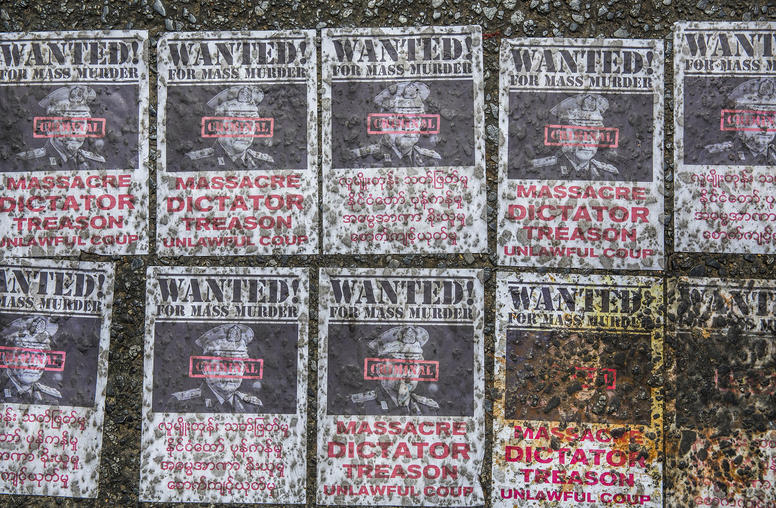
Myanmar’s Criminal Junta Will Do Anything to Consolidate Power
After months of fanfare about holding elections in August 2023, Myanmar’s junta chief, Gen. Min Aung Hlaing, suddenly changed course. On February 1, he extended the junta’s illegitimate rule by another six months acknowledging that the military does not control enough of the country to administer an election. This development represents a setback for those in the international community who had naively believed that sham elections would pave the way to a stable Myanmar.
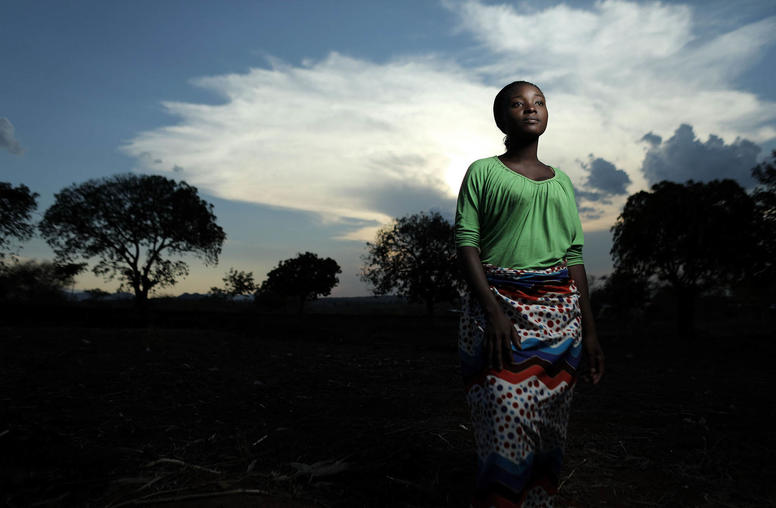
PEPFAR’s Profound Legacy 20 Years On
This year marks the 20th anniversary of the President’s Emergency Plan for Aids Relief (PEPFAR), the George W. Bush administration’s landmark global health initiative. When Bush announced the initiative during his 2003 State of the Union address, approximately 30 million Africans were infected with HIV/AIDs and had almost no access to treatment. Twenty years later, PEPFAR is estimated to have saved 25 million lives and is credited for helping turn the tide on the global HIV pandemic.

Ambassador Makila James on Nigeria’s Elections
While Nigeria’s elections energized youth voters and avoided widespread violence, President-elect Bola Ahmed Tinubu won only a plurality of votes. As concerns over the results’ legitimacy mount, “a weak mandate means [Tinubu] is going to have to work very smartly to build coalitions,” says USIP’s Makila James.
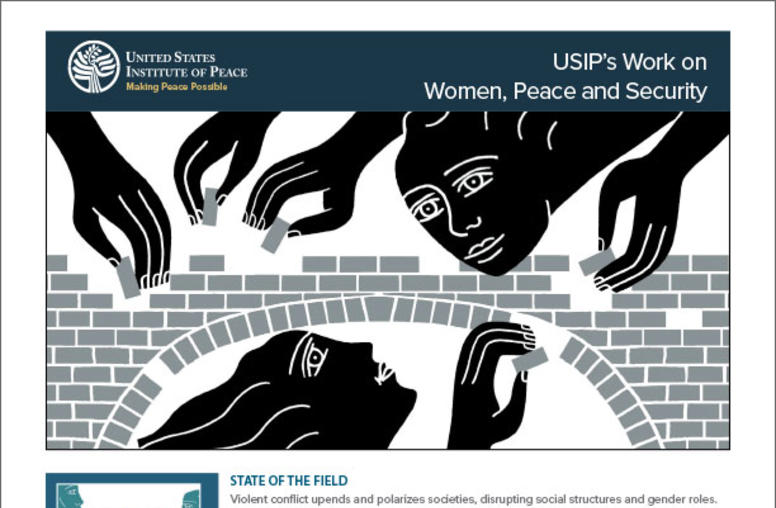
USIP’s Work on Women, Peace and Security
Violent conflict upends and polarizes societies, disrupting social structures and gender roles. Policies and projects intended to assist communities that are fragile or affected by violence are more successful when they consider the different effects conflict has on men, women, boys, girls and gender and sexual minorities.
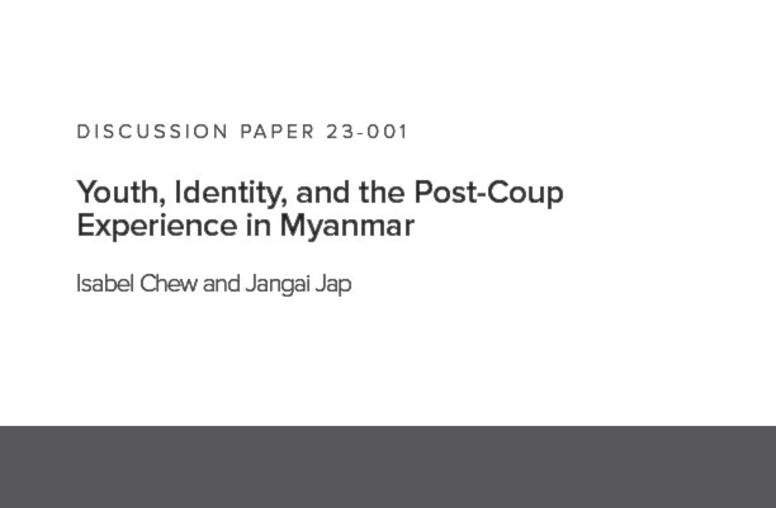
Youth, Identity, and the Post-Coup Experience in Myanmar
One of the biggest challenges facing Myanmar today is its lack of a cohesive national identity. Its colonial legacy and half a century of authoritarian rule has reified group divisions and hardened societal cleavages, leading to negative, and sometimes outright hostile, relations between different groups. Against this background, the authors discuss how the Myanmar youth perceive their social identity, in particular national identity, and how they conceptualize notions of citizenship within the Myanmar context, as well as the implications of the coup and the post-coup experience for the youth’s perceptions of social identity and interethnic relations in Myanmar.
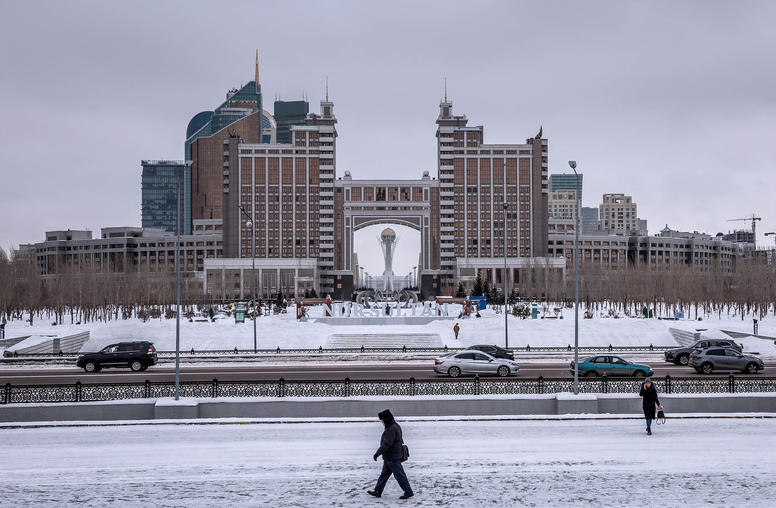
Blinken Debuts New U.S. Approach in Central Asia
U.S. Secretary of State Antony Blinken visited Kazakhstan and Uzbekistan this week, where he signaled that Washington is changing tact in the region. For nearly two decades, U.S. engagement in the region focused on how it could help Washington in Afghanistan. Following the Afghanistan withdrawal, U.S. policy in Central Asia should be more modest, focused on helping these countries achieve balance in their relations with each other and the outside world, particularly in an era of great power competition. After all, these countries are neighbors of Russia and China and can’t afford to choose sides.
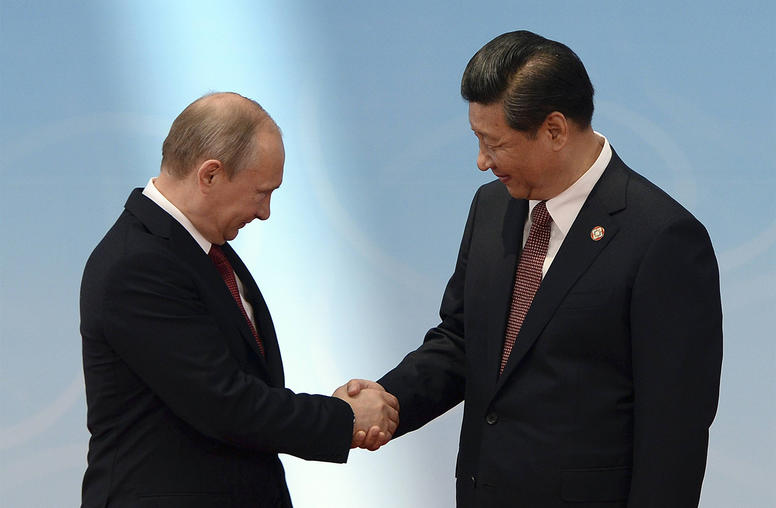
What China's 'Peace Plan' Reveals about its Stance on Russia's War on Ukraine
Despite Russia’s invasion of Ukraine — which marks a clear violation of international law — Moscow has enjoyed support from a number of countries. Foremost among these is China. Over the last year, Beijing has not supported Russia in U.N. votes, has refrained from providing Russia with weapons, and has publicly proclaimed neutrality. But China has also refused to condemn the invasion, often repeated the Kremlin’s talking points about the war, opposed sanctions against Russia and helped prop up its economy. On the anniversary of the invasion, China released what it had previewed as a peace plan, which really amounted to a statement of principles reflecting Beijing’s longstanding talking points about the war.
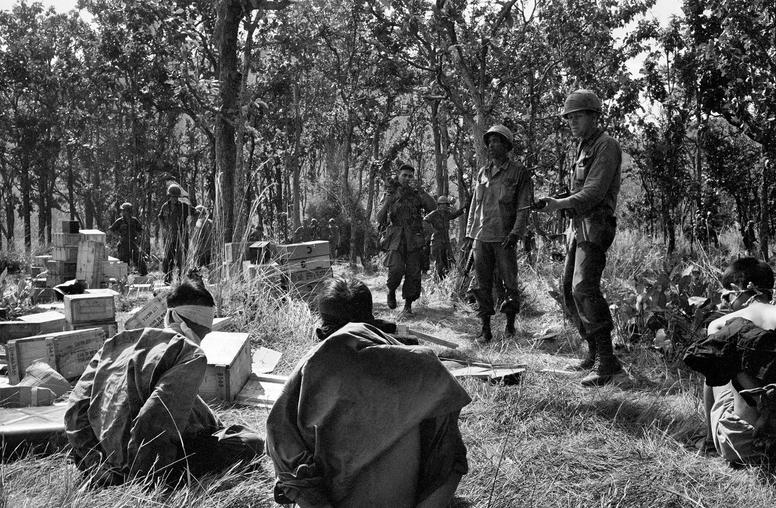
We Can Heal War’s Traumas; U.S. and Vietnam Show How
This winter marks 50 years since U.S. and Vietnamese diplomats in Paris ceremoniously signed “peace accords” that did not end the Vietnam War, but that achieved America’s withdrawal from it. Thus, the accords permitted, a half-century later, what is now a durable American-Vietnamese reconciliation. In the face of seemingly intractable wars — in Ukraine, Afghanistan, the eastern Congo basin, Yemen or elsewhere — the growing U.S.-Vietnamese relationship shows that even a peace that seems impossible today can indeed be built for our children.